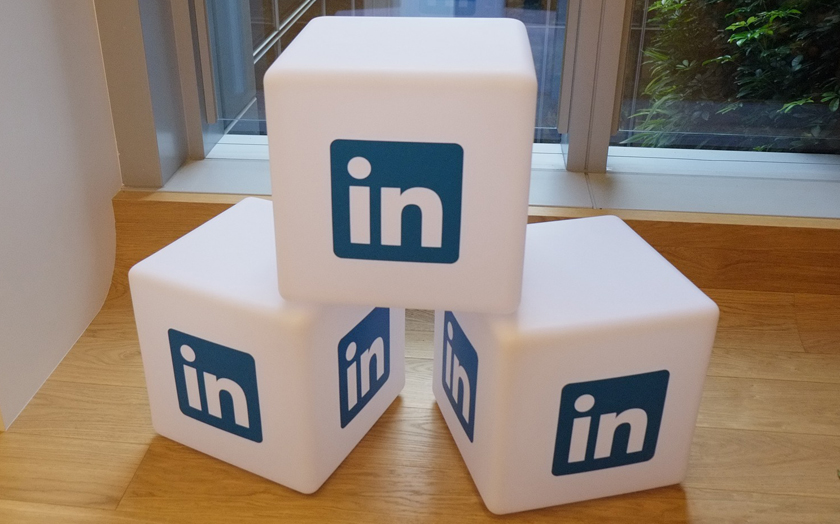Insights for Online Interviews
Even before the COVID-19 pandemic, many employers have increasingly used online interviews as an important step in the recruiting process. There are many benefits to using video and online interviews as a way to analyze potential talent including lower costs, saving time, screening remote candidates, and assessing particular types of communication skills.
For the interviewee, an online interview can be daunting and can feel like you are being constrained from showing your full potential or your true self. Here are some key insights to help you excel at online interviews:
Testing your Technology
It is a good idea to ask questions prior to the interview about the details of the format. What platform or online service will be used? How many people will be interviewing you? How long will the interview last? Seeking this kind of clarification can help you prepare and, if needed, familiarize yourself with the technology you will be expected to use.
Determine the best hardware or device to use. If you have multiple devices, (computer, tablet, smart phone, etc.), choose the one with which you are most comfortable and the one that is most reliable. For most interviews, a computer will be best. And, be sure to test all of the technology you will uses. Test your connection, test your camera, test your lighting, test your sound, test the online service or platform. Understanding how all of this works will minimize the potential for ‘glitches’ which can detract from the impression you intend to make.
Looking Good
It is important to dress professionally for the interview. Just because you are in the casual environment of your own home doesn’t mean you should dress casual. You should dress the same as you would for an in-person interview. Do not wear flashy or suggestive clothing. Be on the safe side with your attire. Conduct a bit of research on the general dress code for the role and industry.
Part of looking good and being prepared for an online interview also includes selecting an appropriate location for the interview. Ideally you want to be in a secluded room where you will not be distracted. You should have controlled lighting that does not create unflattering glares or shadows. Your background should be simple and not distracting fro your interviewers. If there is an art piece, or objects in the background they should not overpower the focus of the interview, which is you! You should also test and prepare your camera position so it shows you directly front and centre and show your upper torso and your full face in the frame.
Practicing and Preparing
Preparing for any interview, whether online or in person, is critical. Familiarize yourself with the different types of interviews and interview questions you could face. Again, do some research and understand the differences between behavioural interviews, case interviews, competency-based interviews, and so on. Knowing the kinds of questions you might get, and the most effective answers, will help you highlight your strengths during the interview.
It is a good idea to practice your interview skills. Conduct mock interviews with friends, colleagues or family members. This will help you practice not only your interview skills but also the functions of the technology. It is also a good idea to record your mock interviews so you can watch them later and see how you look and sound and how you deal with certain types of questions.
Be sure to be through with your interview preparations. Conduct research on the employer, think about and prepare responses to expected interview questions ahead of time, and take the time to develop some questions you want to ask of your potential employer. Understand that while they are interviewing you for this role, you are also interviewing them to determine if it is the right place for you.
Communicate Effectively
When you are in the interview, be sure to communicate to the best of your ability. Look directly into the camera and speak in a conversational voice. Even thought the interview is online, nonverbal communication is still important. Make solid eye contact (looking into the camera) and smiling at appropriate times is important. Have good posture and even lean in a bit. Learn more about the importance of nonverbal cues in job interviews and think about how they might apply in the online context.
Every interview can feel stressful and online interviews are no different. But, if you follow this advice you are on your way to impressing your potential employers and landing subsequent in-person interviews. Good luck!


